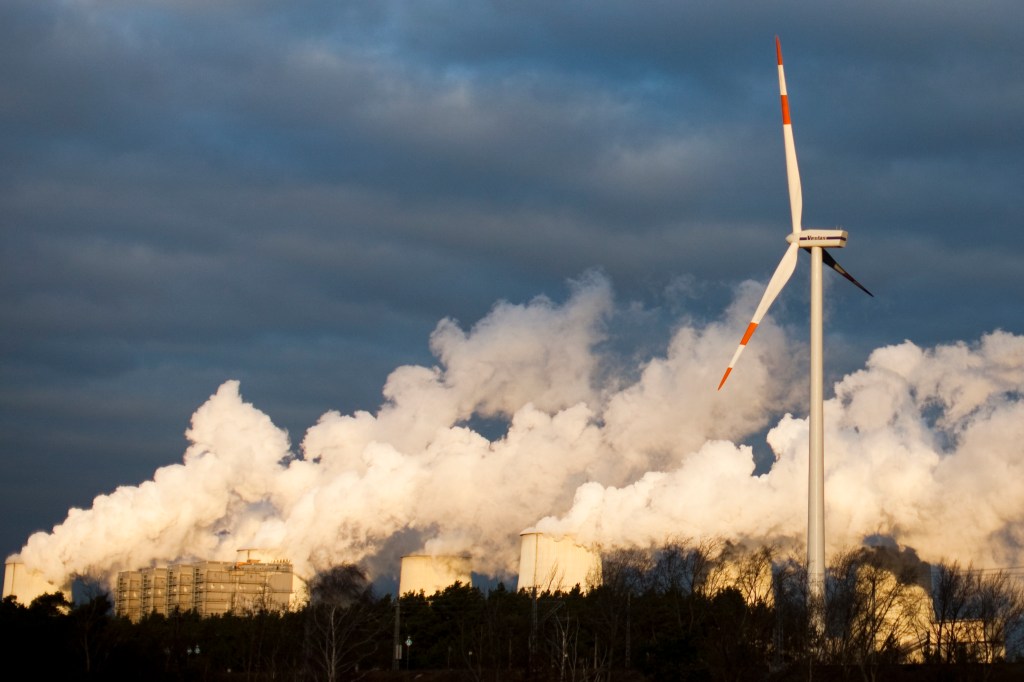The California State Teachers’ Retirement System (CalSTRS) voted against the boards of directors at 2,035 companies during the 2023 proxy season for failing to provide the pension fund’s expected level of climate risk disclosures. These boards represented a range of industries, including steel producers, transportation companies, and metal and mining companies.
CalSTRS is the world’s largest educator-only pension fund with more than $315b in assets, and it expects companies within its portfolio to report their direct greenhouse gas (GHG) emissions (Scope 1), indirect emissions (Scope 2), and climate reports based on the recommendations of the Task Force on Climate-Related Financial Disclosures.
“We voted against boards that didn’t meet the most basic disclosure expectations,” said Aeisha Mastagni, a portfolio manager on CalSTRS’ Sustainable Investment and Stewardship Strategies team. “These public disclosures are an important step toward reaching net zero because companies cannot be held accountable for reducing their greenhouse gas emissions without them.”
Net zero investment
In 2021, CalSTRS made a pledge to achieve a net zero investment portfolio by 2050, or sooner. CalSTRS said it will continue to hold the companies in its global portfolio accountable for addressing sustainable business practices and providing minimum climate risk disclosures to investors, because climate change broadly affects CalSTRS’ investment portfolio.
“CalSTRS exercises this important shareholder right because companies consider votes against their directors as a serious action,” the organization said.
“We believe mandatory GHG emissions reporting is on the horizon.”
Aeisha Mastagni, portfolio manager, CalSTRS
Currently, there are no globally mandated rules for climate risk disclosures, and CalSTRS admits this complicates the process of assessing whether a company is properly disclosing its risks and opportunities associated with climate change.
“Fortunately, we believe mandatory GHG emissions reporting is on the horizon,” Mastagni said.
California state legislation
Earlier this year, however, CalSTRS expressed its opposition to proposed California state legislation SB 252, which would block the pension fund, along with the California Public Employees’ Retirement System (CalPERS), from making new investments in fossil fuel companies. It would also require both pension funds to divest existing fossil fuel company investments on or before July 1, 2030, if those actions were found to be consistent with their fiduciary duties.
Both organizations called said such a mandatory fossil fuel divestment was not an effective solution to the reduction of greenhouse gas emissions, given their fiduciary duties to their members and employer partners.













